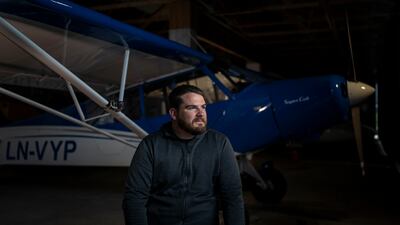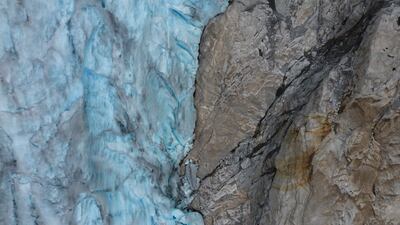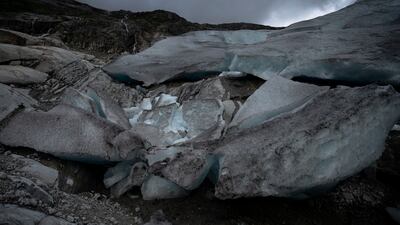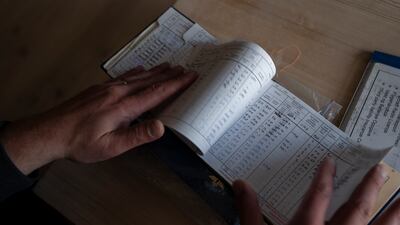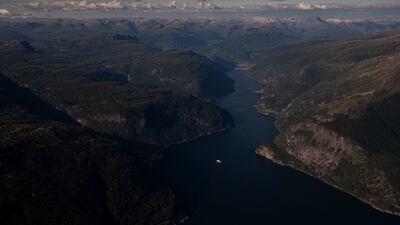Garrett Fisher sits at his computer in his rented home in Voss, Norway.
In the quiet space, he carefully edits photos he has taken of glaciers in the vast, elemental Norwegian landscape. He has spent the past few years combining his two passions — photography and flying — in his journey to document all the remaining glaciers on the planet.

“In 100 or 200 years, most of them will be gone or severely curtailed,” Fisher says. “It is the front line of climate change … the first indication that we’re losing something.”
He recalls a friend telling him sometime in the late 1990s that the world’s glaciers were disappearing ― a fact that has haunted him ever since. He knew he wanted to preserve their memories and decided to do so by trying to capture unique images so that they wouldn’t be lost for ever.
“When I’m high up, I see these forbidden views,” he says. “They’re views you can’t have on the ground, that don’t really exist for anyone else.”
Although Norway is his latest venture, Fisher has spent time in the American West, the Alps and Europe photographing and documenting glaciers.

He flies his small two-seater plane, a Piper Super Cub, in hopes of being able to photograph Nigardsbreen, a glacier arm of the large Jostedalsbreen glacier in Vestland county, Norway.
“There’s about a 30 per cent chance we get to see the glacier. There’s a bunch of clouds sitting right there,” he says.
Glaciers can be tough to reach because they are remote, which makes the tiny Piper Super Cub the ideal vehicle for the journey because it easy to navigate and lighter than other aeroplanes.

Until now, Fisher has funded his passion with his own money, but he is running out and looking for backers.
“Science has all the data we need. They have tonnes of data sets, which will be available in the future. The problem is it’s not beautiful,” he says.
Although satellite images exist, Fisher believes they don't properly display the aesthetic beauty of glaciers that can be captured while flying above them.

Fisher has launched a non-profit initiative to support and display his work and plans to one day open his archive to the public so that it can be used for research.
“We can live without them. We will live without them,” Fisher says. “However, it hurts us to lose them.”
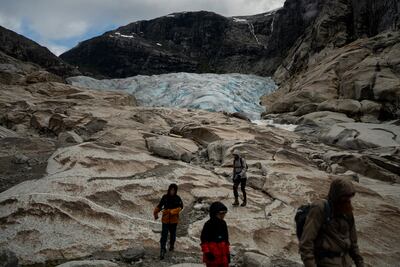
— Agencies contributed to this report
